These are all of Apple's missing iOS devices
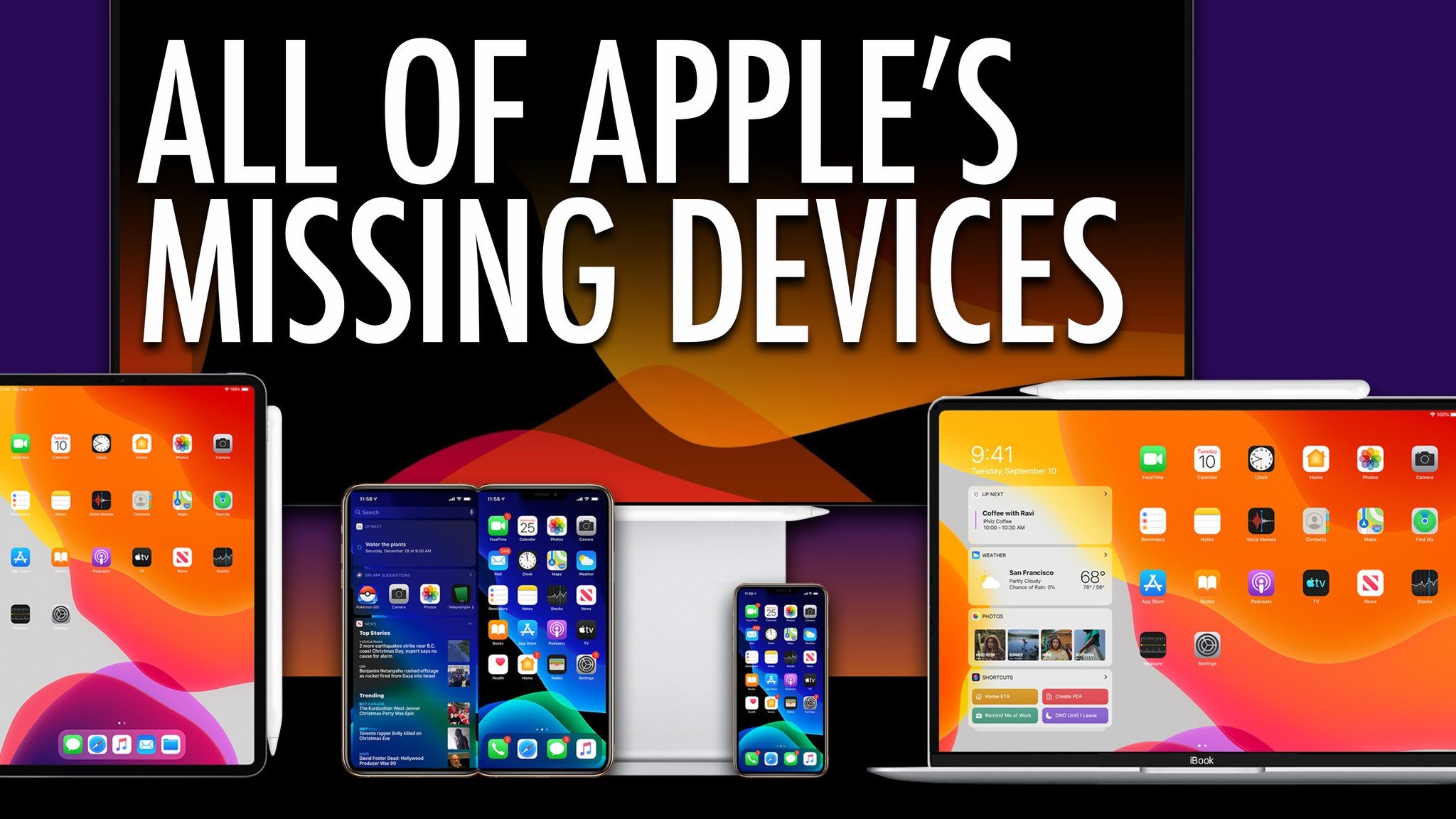
Over the last 18-months, we've gotten new iPads Pro, new iPhones Pro, and new Apple Watches with always-on displays. By any metric, this is Apple's best lineup of product ever.
But, as slam dunk as some of these products are — they're still not all the products. Even now, at the end of the decade, there are still some pretty big gaps across the iPhone, iPad, iPod — yeah, I said it — HomePod, Apple Watch, and Apple TV lineups.
So, since I covered the missing Macs in one of last week's videos, I'm going to strap on my destiny prognostication engine, Escaflowne style, and cover all the missing iOS and iOS-offshoot devices in this video.
iPhone mini
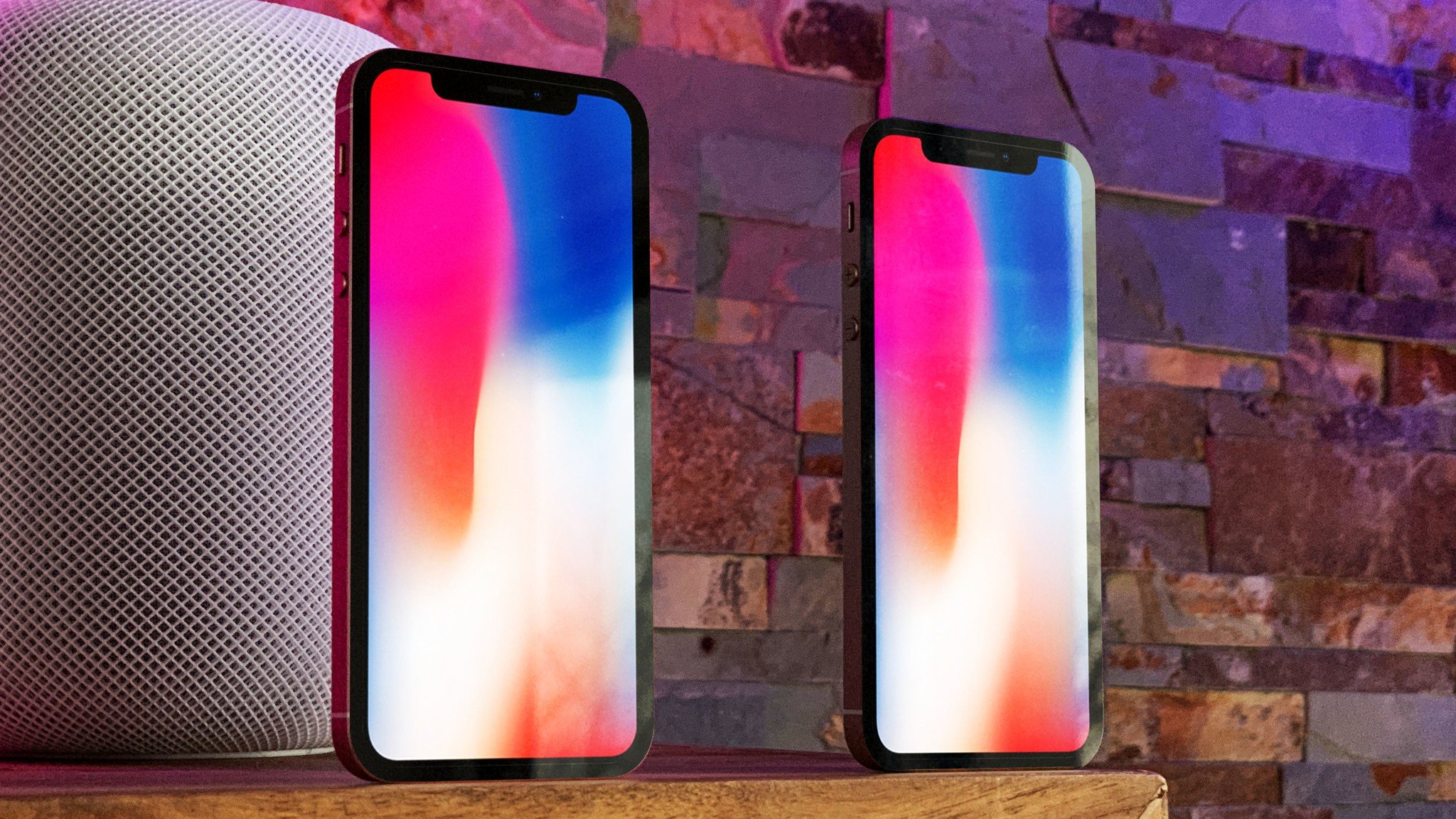
Apple has finally gotten its iPhone lineup locked down. iPhone 11 back at $699 and the iPhone Pro up to at $999. There are even rumors of an iPhone 8-based, iPhone SE style iPhone 9 this spring to slide in on under, maybe as low as $399.
But, what the original iPhone SE showed us, is that some people don't just want a cheaper iPhone. They want a smaller iPhone.
Now, there are a whole bunch of reasons it's hard to make smaller phones anymore. The iPhone 8 platform is all paid down now, the way to iPhone 5s was when the SE launched. Doing an all new, all modern smaller design would bring with it a modern design price.
Some people won't care, because they're willing to pay a premium for small. But the other issue is thermals. The modern chipsets that power the modern iPhones need a lot of, well, power, otherwise you get shutdowns on spikes or intense performance management, all of which we kinda hate.
Master your iPhone in minutes
iMore offers spot-on advice and guidance from our team of experts, with decades of Apple device experience to lean on. Learn more with iMore!
So, as much as many would love an iPhone 5-sized iPhone X, I don't think we'll see one any time soon.
iPhone Fold
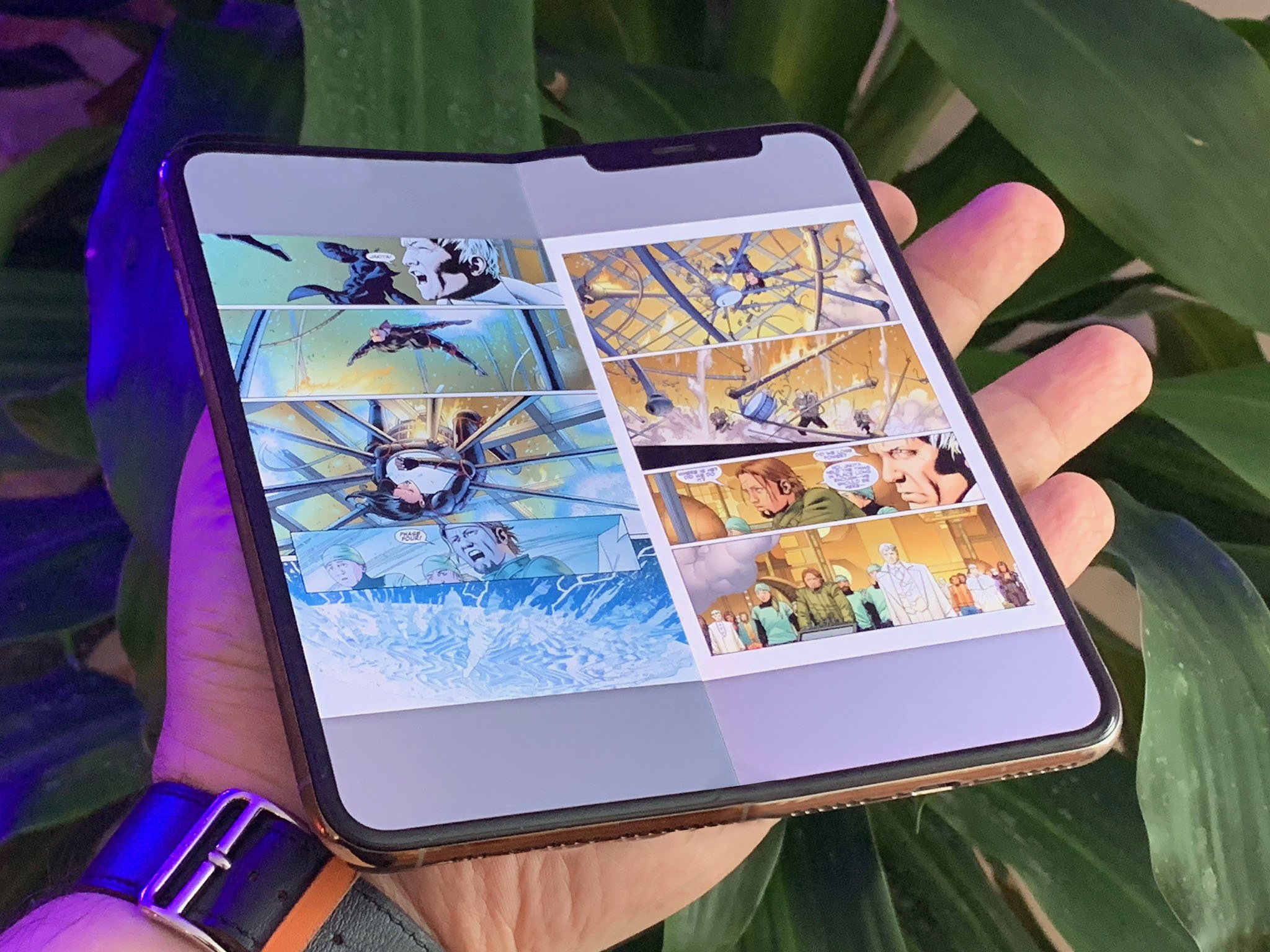
I've been saying this for almost a year already — the history of human technology from books to wallets to clothes, hell, tacos — is folding. We fold things over and double up on depth to save on surface area.
This year, we saw everything from the silly Royale Flex Pai to the troubled Samsung Galaxy Fold to the now-you-don't Hawaii Mate X to the nostalgia designed — and specced — Moto RAZR — and other concepts besides. But we didn't see anything from Apple.
That's because Apple doesn't alpha in public. They barely beta. So, while I've heard Apple's been experimenting with foldables for almost a decade, I don't think we'll see an iPhone that opens up into an iPad until the technology is more mature.
Though rumors of Samsung and Corning being close on flexible glass means it may not be that long a wait.
iPad mini Pro
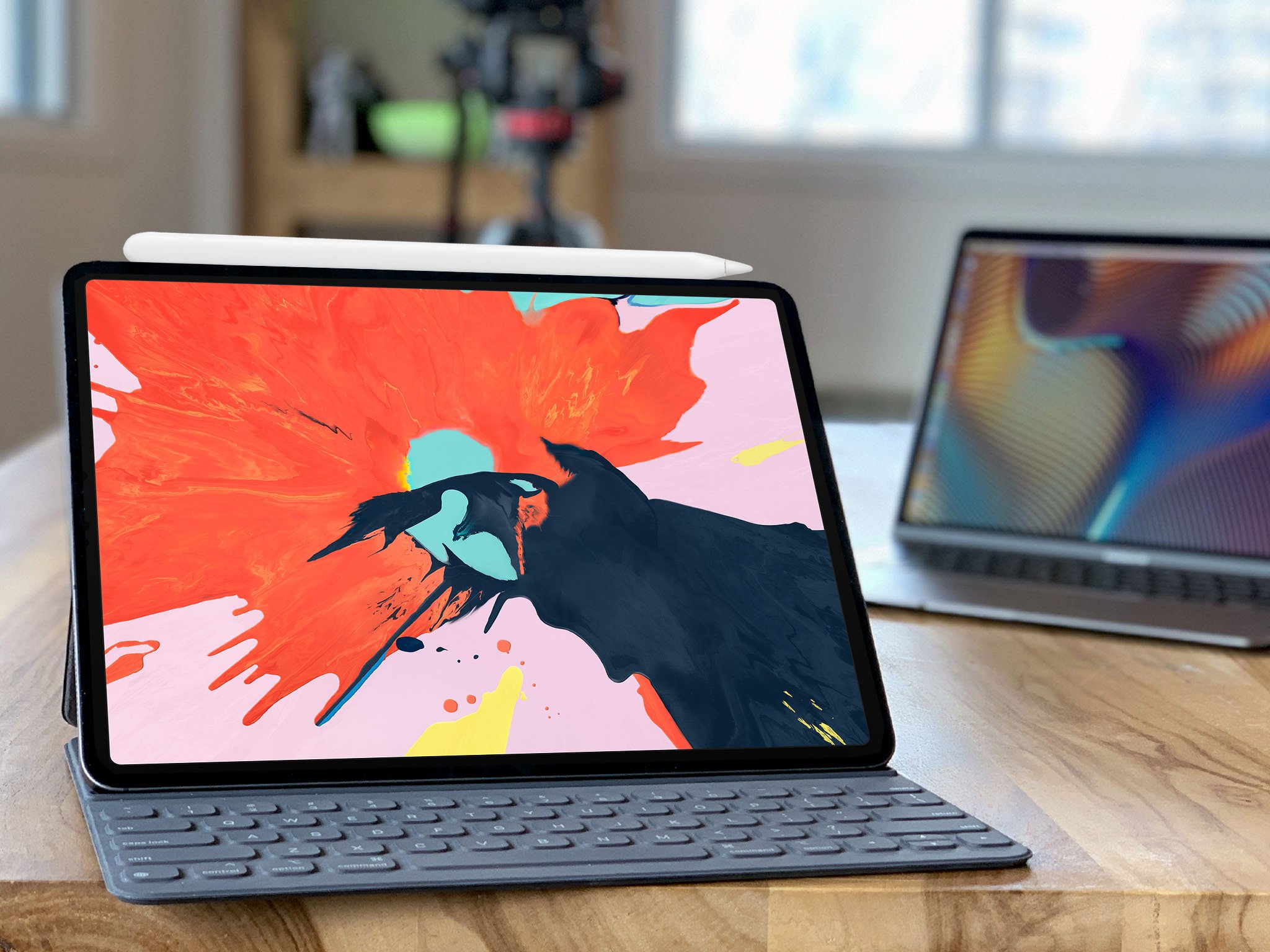
The original iPad Pro was 12.9-inches. Right after that, we got one at 9.7-inches which quickly mighty morphed into 10.5 and then 11-inches. What we didn't get — what we've never gotten — is a 7.9-inch iPad Pro mini. Or… iPad mini Pro.
Last spring we did get an iPad mini 5 with OG Apple Pencil support, but not one with the new Pro design language or the new Apple Pencil 2, the A12 or A13 Bionic, ProMotion display, USB-C, and all the other pro bells and creative whistles.
Certainly not one with a tiny, mini Smart Keyboard to go with it. Which sounds ridiculous but is totally the kind of problem I'd love to see Apple try and solve.
Strangely, because of the keyboard, I don't think we'll see an iPad mini Pro… Pro mini? Any time soon. But I'd really love to.
iPad PCs
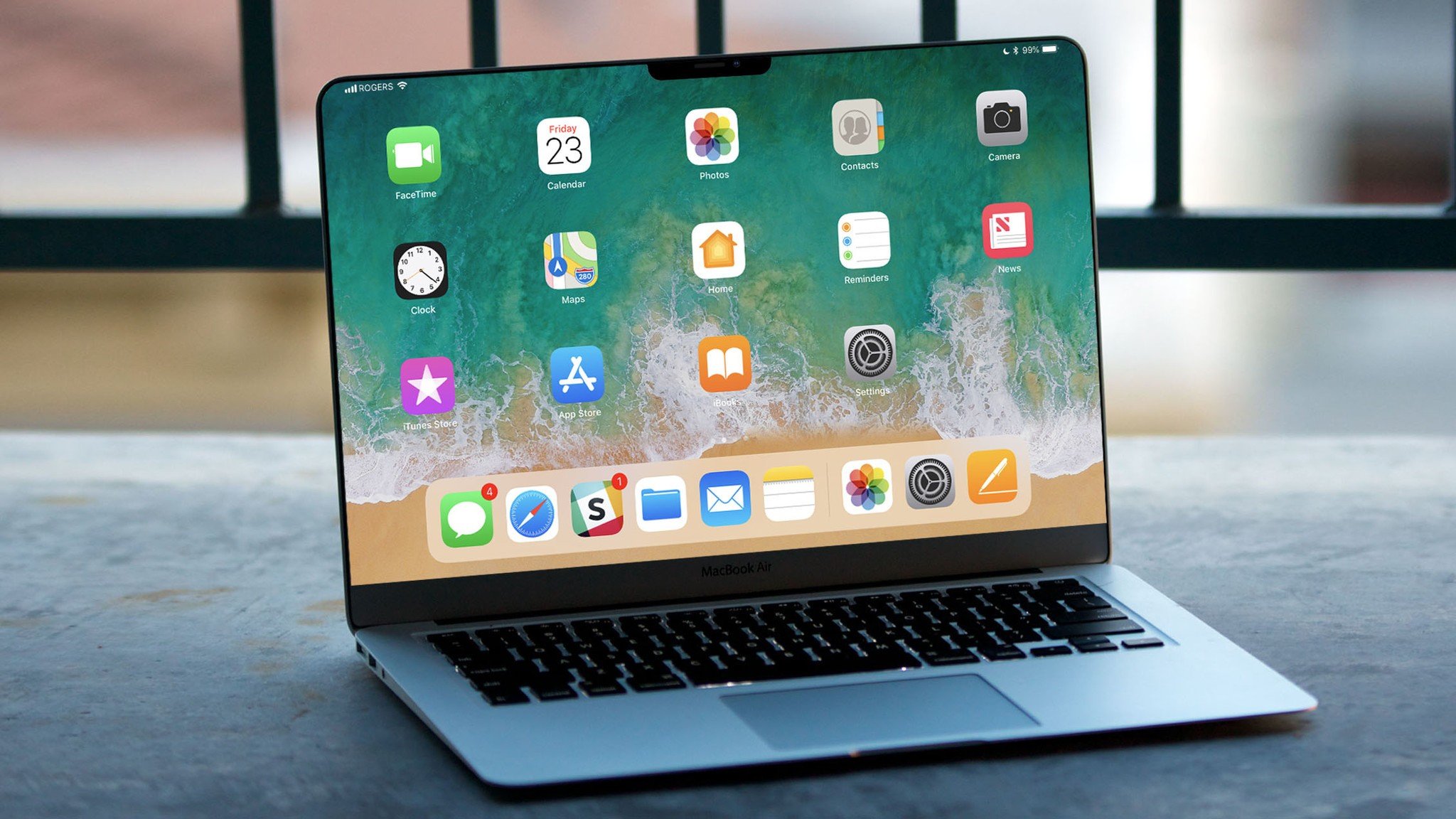
The iPad Pro is a tablet that can convert into sort-of-a-laptop, which is the opposite of Microsoft's Surface line of laptops that can convert into sort-of-tablets. But Microsoft leans so hard into that PC angle that they also have the Surface Laptop, which is a traditional clamshell, and the Surface Studio, which is an iMac-style all-in-one desktop.
Apple's probably had iOS laptops running in the lab for almost as long as they've had iPads. If you're going to test Macs on ARM, you're also going to test iOS in Macs, after all. And I think iOS laptops would actually hold a lot of appeal for everyone from education to executives. The people who currently have to make do with ChromeBooks or out-of-production 12-inch MacBooks.
At the opposite end are creative pros for whom the current 12.9-inch iPad simply isn't big enough, and the current iMac simply isn't multi-touch or Apple Pencil-friendly enough.
Both these products are so niche, and ARM Macs are probably so close, that I don't expect to see either of them any time soon. But I think very specific markets would love to see them already.
iPod touch Pro
The iPod touch was the iPhone for people who didn't want or need a phone, and the cheapest way to get into the App Store. Both those things are still true, and you can still get an iPhone 5-style iPod touch with beefed up internals for $199, but it's not modern any more and certainly not sexy.
So, instead, imagine an iPhone Pro style iPod touch Pro with iPad Pro style design language and all the horsepower it needs to be a mobile gaming, mobile entertainment, and mobile camera powerhouse.
Maybe there's a smaller, cheaper iPhone 11 and a bigger, more expensive iPhone 11 Pro version. Even if you have an iPhone in your other pocket, but especially if you don't, you could just shoot all your Instas, get all your iMessages, play all your Apple Arcade, and watch all your TV+ and Channels, on the go, then Switch-style dock it and keep playing when you get home.
It's such an overlap with the iPhone that I don't think we'll see it, at least this much of it, from a company that already has the iPhone. But in a world where the iPod was treated as if the iPhone didn't exist? I think we'd see exactly this.
HomePod mini and Theater
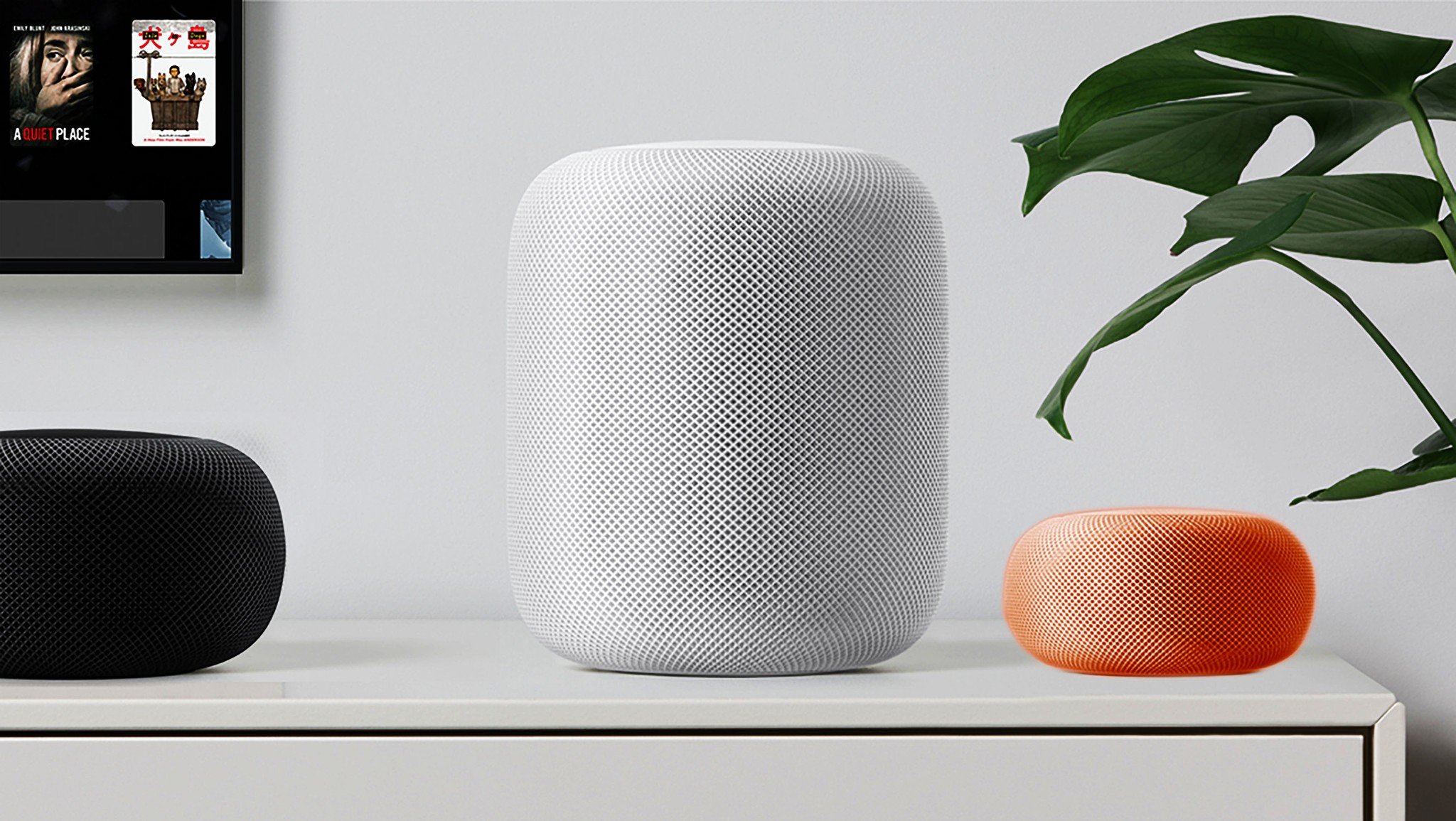
I've done a whole video on the missing HomePods already, so I'll link that in the description. But it's almost a year later and we haven't seen much movement on the HomePod lineup beyond lower pricing, so it bears repeating.
HomePod minis would be a great way to get more far-field devices into more and smaller rooms, and HomePod theater would just be the perfect Dolby Atmos accompaniment for the Apple TV 4K's Dolby Vision and all the incredible HDR and spatial audio content it streams.
HomePod tech has made everything from the new iPhone and MacBook Pro speakers to the new AirPods Pro so much better than anything that's come before, it'd be a shame if the HomePod itself didn't get to benefit and improve from it as well.
Again, I'll expect it when I see it.
Apple (Watch) Band
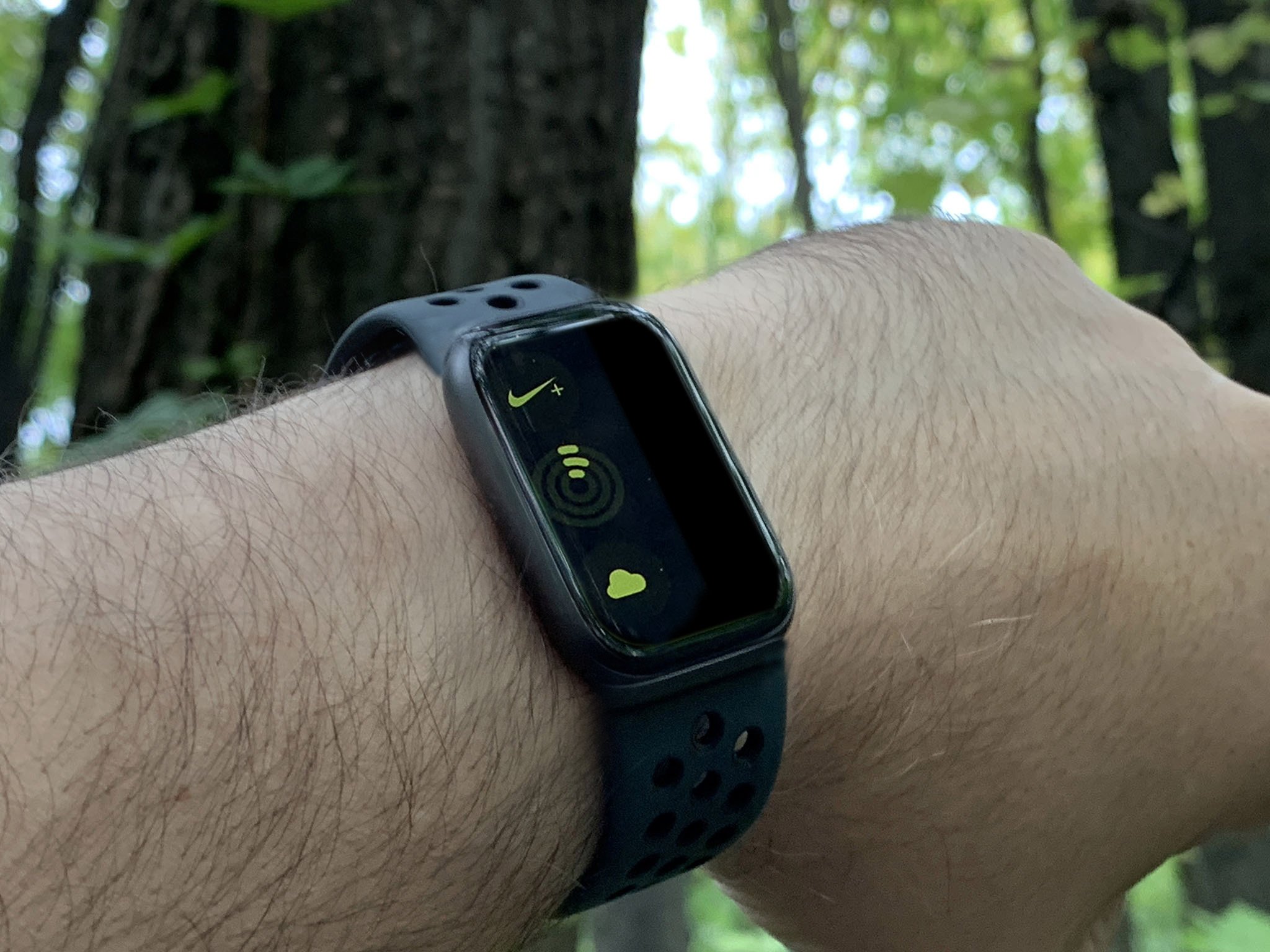
Apple made the iPod. Then Apple made the iPod mini and killed it with the iPod nano. Then Apple made the iPod shuffle. And killed all of that with the iPhone and Apple Watch. But, even though Apple now has the Series 3 Watch starting at just $199, they haven't really applied the iPod strategy to any other product yet, including the watch.
And, it feels like there could be room under the Watch, maybe at $99, for something that's closer to the Shuffle. No, not something that shows you random time or gives you random workouts, though there's certainly a cross-fit partnership in there somewhere.
But just a band, in yearly palettes and styles, that does a subset of Apple Watch things, enough to give people who don't want a watch but do want some health and fitness features, a way to get into the ecosystem.
It's quite possible Apple will push the price of the Watch down so low it leaves no functional room beneath it for an Apple Band, but if Apple really wants to mainstream health and fitness, and that's the legacy they want to be known for, exploring even more mass-market devices just makes the kind of sense that does.
Apple TV dongle
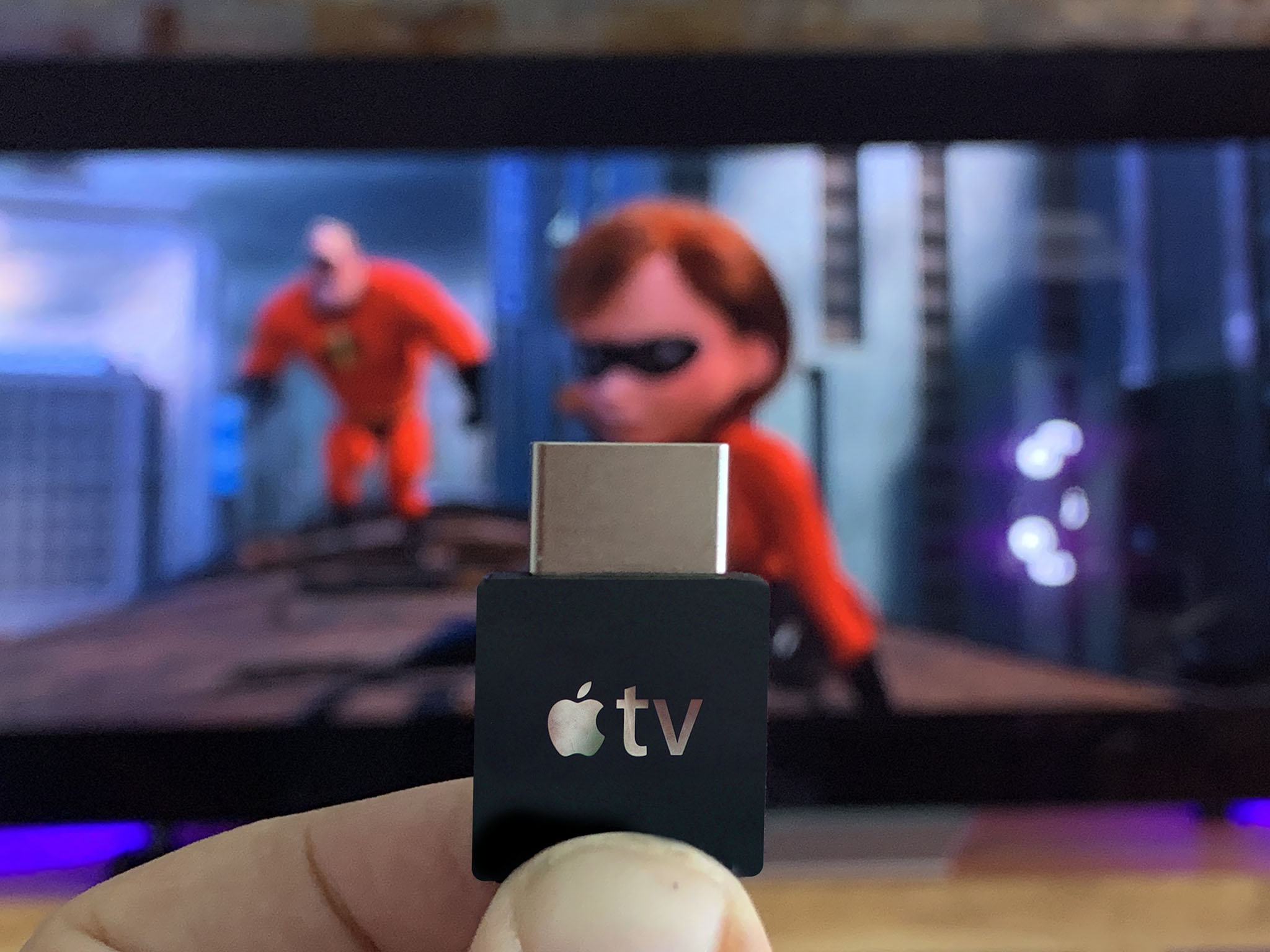
Google has the Chrome Cast. Amazon has the FireStick. I've made a whole video about how cool an Apple TV dongle would be, especially for travel, so I'll link that in the description as well.
But we're in the weird middle ground right now where Apple is expanding their own original content, especially TV+ but including Arcade, but also partnering with once-upon-a-time rivals like Samsung and Roku and Amazon to get that content built into those rival devices.
I still think there's room for an Apple TV stick, though. One, if it could let you play or stream Apple Arcade games to any display, which is something Apple hasn't done with any rival yet. And two, because as much as some people trust Apple's apps on other devices, there's just more privacy trust with Apple software on Apple's own devices.
And an Apple TV stick is what would let you have your stuff no matter what device or where you go.

Rene Ritchie is one of the most respected Apple analysts in the business, reaching a combined audience of over 40 million readers a month. His YouTube channel, Vector, has over 90 thousand subscribers and 14 million views and his podcasts, including Debug, have been downloaded over 20 million times. He also regularly co-hosts MacBreak Weekly for the TWiT network and co-hosted CES Live! and Talk Mobile. Based in Montreal, Rene is a former director of product marketing, web developer, and graphic designer. He's authored several books and appeared on numerous television and radio segments to discuss Apple and the technology industry. When not working, he likes to cook, grapple, and spend time with his friends and family.
